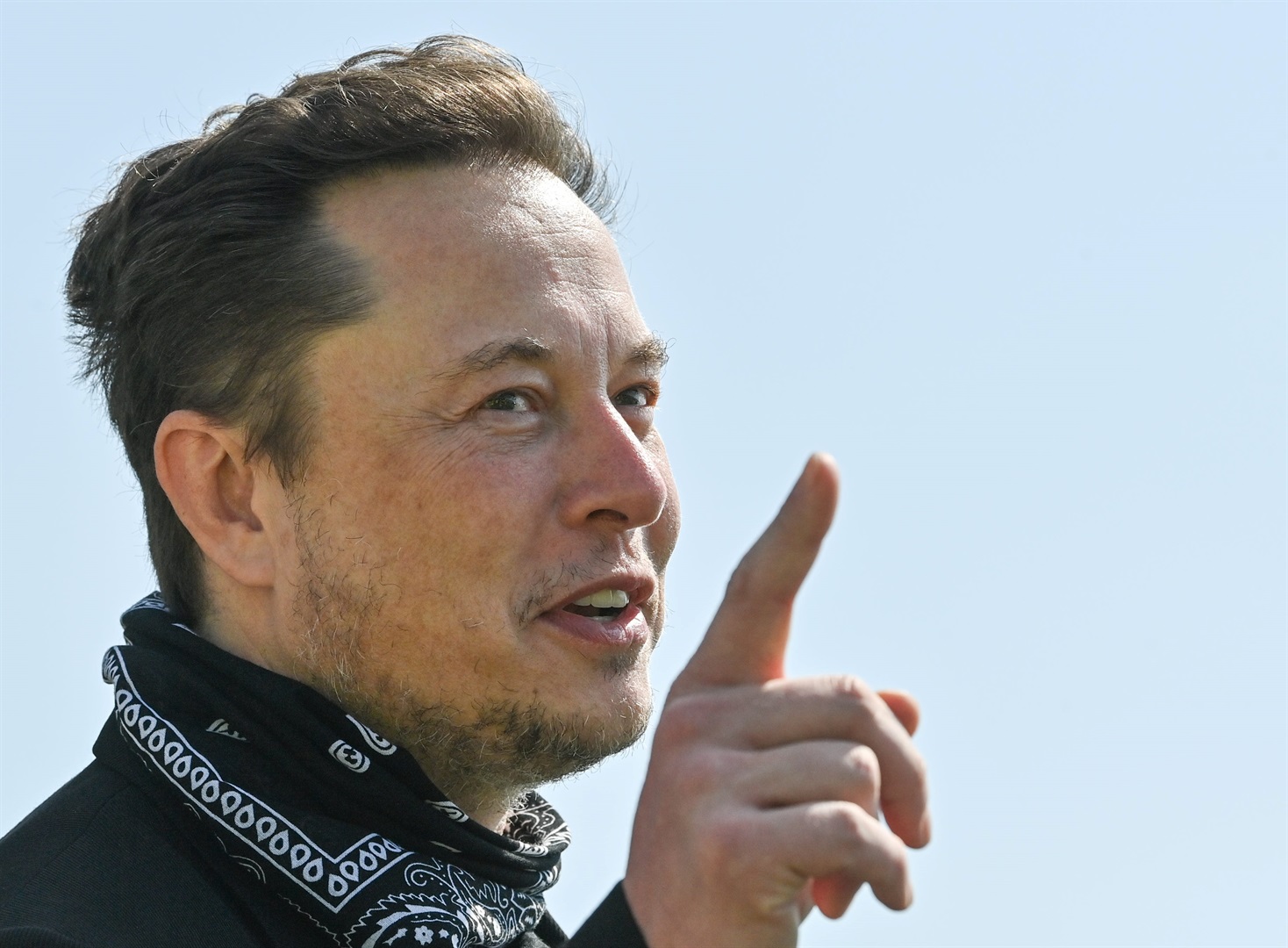
Some of the suggestions made by Elon Musk are not going to rectify the discourse problems on Twitter in the African political space, writes Mmusi Maimane.
Free speech and anonymity matter tremendously in the African digital ecosystem. As Africa recently commemorated Africa day, the day on which the Organisation of African Unity (OAU) was launched in 1963, it is important to think about the role that digital platforms have to play in the improvement of democracy on this continent.
The legacy of the OAU and its successor the African Union is that they have not done much to improve the quality of democracy on the continent.
There have been three coups in recent years, there are multiple dictators across the continent who administer faux democracies, and there are ongoing conflicts on the continent.
The leaders tasked to address these issues are past retirement age, while the continent itself is youthful and has a median age of 19.7. These young people, however, are not fully without power, they have the disruptive megaphone that is social media.
Musk's historic ties to SA
Like many in the global digital community, I am intrigued by the personality that is Elon Musk. His historic ties to South Africa have always made his story something that South Africans all follow closely. Like many in the global community, I cannot ignore the boisterous and irreverent Twitter-style of the 2021 Time magazine person of the year, or ignore his status as the world’s richest man.
I am more interested, however, in his Twitter acquisition as a user of Twitter in the African political space. The conversation so far has predominantly focused on the American issues of culture wars and the first amendment; however, Twitter is a global platform, and many users exist in spaces where the American gaze does not fully delve into or elucidate the significance of the values of free speech and the challenges that exist on platforms like Twitter. These issues need to be examined from a perspective that is not the American political ecosystem and the American Overton window.
READ | ANALYSIS: Not even Elon Musk is wealthy enough to bring absolute free speech to Twitter. Here’s why
The issues and context are different especially in places like Africa. Twitter is a very powerful platform because it drives a significant amount of political conversation and sentiment globally. Journalists often check public sentiment on the platform, and information is spread by both known and anonymous accounts, in ways that have disrupted the spread of information.
Twitter is now a part of agenda-setting. The power of the platform is in the fact that it guides the narrative without gatekeepers. In this way, the platform can be disruptive and revolutionary, it can be a way of exposing government corruption, organising protests, it can be a way of exposing abuse of power and advocating for criminal justice. These are the types of things that keep dictators up at night. Twitter is evidently a powerful tool for revolutionaries.
Government propaganda
Social media platforms have given the youth of Africa a platform to speak truth to power in ways that have not always been available to them. Illiberal regimes in Africa often have control of state broadcasting networks, for example in Zimbabwe the government controls the only television station in the country and the radio stations. Opposition leaders struggle to get access, and the youth struggle even more. The name of the game is government propaganda. Social media platforms have allowed young people to circumvent the traditional gatekeeping successfully, the platforms were used to mobilise during the Arab spring, they were used by the youth of Nigeria to protest police brutality and by the youth of South Africa to call for free and decolonised education. They are being used in present day by activists in Zimbabwe, in eSwatini and in the DRC.
However, significant risks exist on these platforms for activists in Africa, the governments still target those who criticise them on these platforms, and in many African countries it is dangerous to be a person in the LGBT+ community. These are real risks to bodily integrity, to life, and to livelihood. As a result, anonymity is an important part of the discourse in many African countries. Not only do governments in Africa retaliate against social media platform users, but they have also often taken steps to restrict access to these platforms at critical moments.
READ | OPINION: Melusi Hlatjwako - Language bypass - how social media fails to prevent violence
In Uganda, Yoweri Museveni shut down access to social media during the 2021 elections. In 2019 the government of Zimbabwe shut down access to the internet during a fuel price increase protest. In Cameron, the use of VPNs is widespread to circumvent social media bans. These restrictions demonstrate the deep-seated challenges with free speech on the African continent.
Africa needs customised interventions to strengthen democratic discourse. A lot of interventions have been focused on dealing with American problems with propaganda, hate speech, disinformation, and with misinformation.
You can easily ascertain which users are government officials, and politicians and which accounts represent government agencies in the American context. However, African Twitter is rife with disinformation, harmful stereotypes that stoke Afrophobia, and fake news fabricated by pro-government Twitter accounts. Twitter allows for a whole lot of opinions to be ventilated, sometimes unmanaged, and this is particularly true outside of the American political gaze.
Impact on African Twitter?
In thinking about the Musk acquisition, one of the questions primary to my consideration is what impact this will have on African Twitter.
Some of the suggestions made by Musk are not going to rectify the discourse problems on the African platform. Many people are interested in whether Twitter should have an "edit or take back" button where you can change what you've said after the fact. This is important to many people because there is sometimes a need to clarify an original viewpoint, there is a very real need to correct typos and sometimes change an egregious view. Any Twitter user understands why the edit button is a popular request. It speaks to the question of whether or not people can change their minds on public platforms of discourse. Should we have takebacks on social media?
READ | Adriaan Basson: Brother Elon, come to SA to see everything that is wrong with Twitter
The platform needs to seriously consider whether abusive regimes that peddle propaganda and supress free speech should be allowed to tweet freely. They should consider how to remove toxic conversations and accounts which are fuelling hatred in the African context, while there is a need for human users in Africa to have access to anonymity, there is a real need to remove propaganda bots and disinformation networks.
Bad actors are drowning out real discourse on the platform and this is something that must be addressed with the same vigour that Twitter has addressed democratic negative externalities in America and Europe.
To improve democracy on this continent, we need to remove dictators, their propaganda machinery, and their surveillance networks from social media platforms. To improve intra African relations we need to remove Afrophobic content from the platform. To improve and protect human dignity we have to provide access to anonymity.
- Mmusi Maimane is the leader of the One South Africa Movement.
To receive Opinions Weekly, sign up for the newsletter here.
*Want to respond to the columnist? Send your letter or article to opinions@news24.com with your name and town or province. You are welcome to also send a profile picture. We encourage a diversity of voices and views in our readers' submissions and reserve the right not to publish any and all submissions received.
Disclaimer: News24 encourages freedom of speech and the expression of diverse views. The views of columnists published on News24 are therefore their own and do not necessarily represent the views of News24.




 Publications
Publications
 Partners
Partners























